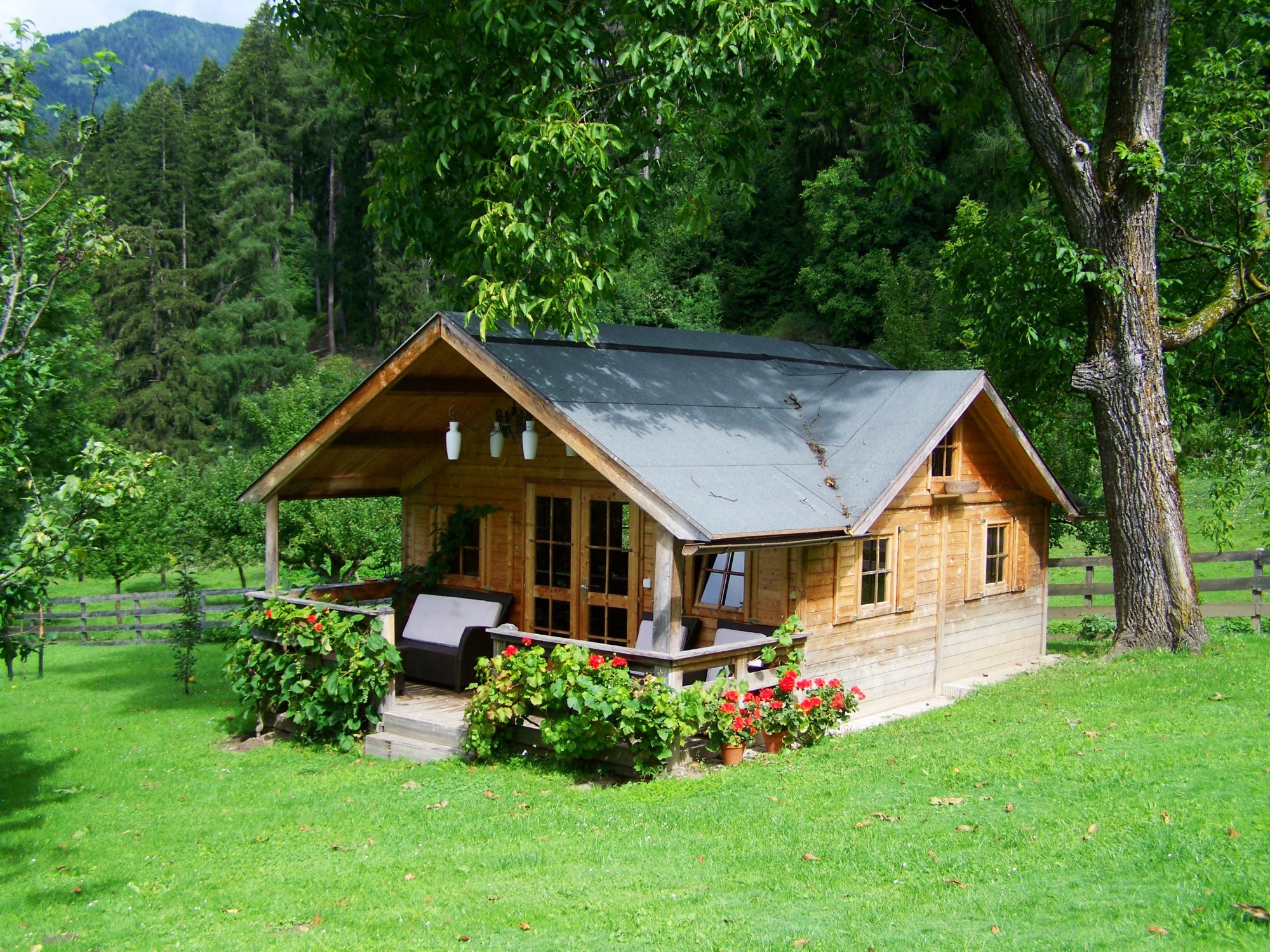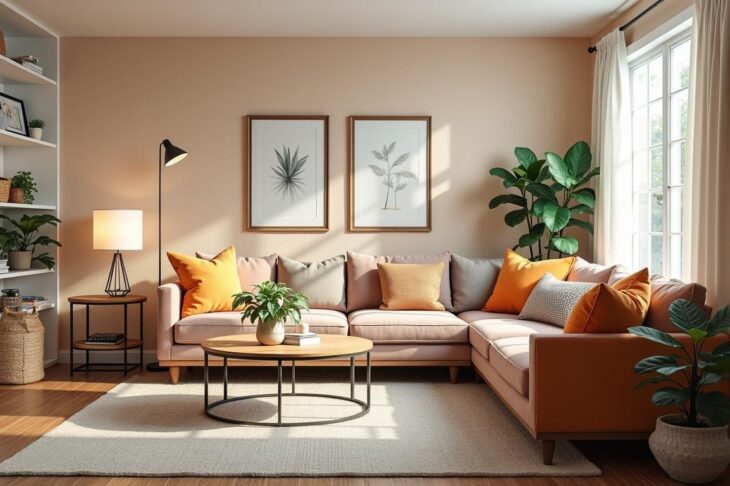
The Environmental Benefits of Living in a Tiny Home
Humans have been staying in tents, yurts, teepees, and huts since ancient times. Along the way, we’ve come up with amazing new technologies and architectural styles. And now, we’ve even developed tiny houses.
A tiny home is a smaller-scale residence, but one that still meets all the modern needs of today’s families. We’re going to discuss the pros of the tiny home trend, especially in terms of the environment.
So whether you’re interested in downsizing your life, wanting to avoid the mortgage, or simply looking for a beautiful new home, you can read on for the environmental benefits of tiny living.
Less Clutter
Living in a tiny home means less clutter and less stress. With limited space, it is easy to keep the house organized and maintain a minimalist lifestyle. Living with less clutter also makes it easier to clean, as there is less stuff to move around. This, in turn, also saves time.
Not having as many personal belongings can also help to boost contentment and satisfaction. Living in a tiny home can also provide a sense of freedom. It takes away the need to worry or stress about material possessions.
A minimalist lifestyle has enabled many people to appreciate the little things in life and focus their attention on experiences rather than things.
Less Time Spent Cleaning
Living in a tiny home brings numerous benefits, one of which is that it takes very little time to clean. Since the homes are so small, there’s not as much space to be concerned with, which makes it much easier to keep the house tidy! Dusting and mopping the floors are done in just a few minutes, and the entire house can be vacuumed in a jiffy.
As for laundering, a few items need to be washed since there’s simply no room for extras. No more hours spent toiling over household chores! Moreover, when it comes to storage and organization, tiny homes are typically designed with nooks and crannies made to accommodate a variety of items, so decluttering is much easier to do.
There is still some effort required to keep up the cleanliness of the home, but the amount of time it takes won’t take away from other activities.
More Savings
Living in a tiny home offers a myriad of financial benefits that can make a huge difference in your daily life.
Firstly, you can save money on rent and insurance compared to living in a regular house, as tiny homes are considerably smaller and more affordable. You’ll also save on utilities. This is because a tiny home requires much less energy and water to keep up and running.
In addition, all of the furniture and appliances in a tiny home should be specifically designed for limited space. This makes them more efficient and lower in price.
Finally, you’ll have access to a better lifestyle when you purchase a tiny home. You no longer be paying for unnecessary items that you’d find in larger houses. All in all, living in a tiny home offers more savings, significantly increasing your financial stability and freeing up more money for other things in life.
Higher Quality of Life
Living in a tiny home can offer a surprisingly high level of quality of life. Tiny homes provide lower living costs overall and require less time to keep things clean and organized. This leaves more free time for relaxation, hobbies, and socializing.
A tiny home offers a more unique lifestyle than traditional housing solutions such as apartments or houses. This is because of the smaller and simpler structure. This means more freedom in terms of being able to move from one location to another. As such, one can travel and explore without sacrificing the comforts of home.
Lower Carbon Footprint
Living in a tiny home has a myriad of benefits, including reducing one’s carbon footprint. Tiny homes are smaller than the average-size home, so less energy is required to maintain the building and its occupants. The smaller size of these homes (generally between 70-400 square feet) means that fewer resources are needed to build them, making them eco-friendly.
Less lumber and other materials are used, resulting in lower emissions. The size of tiny homes allows people to travel in them, so they do not have to drive their vehicles as often as they would with a large, stationary home. This further limits the number of emissions released into the atmosphere, making it a more eco-friendly way of living.
Small homes use less energy for heating and cooling, reducing their energy bills. With the combination of smaller resource use and less energy use, living in a tiny home is a great way to minimize one’s environmental impact and lower their carbon footprint.
Promote Minimalism
Living in a tiny home promotes minimalism, an increasingly popular lifestyle choice. It simplifies life by greatly reducing the number of possessions one needs. It eliminates many of the costly expenses associated with living in a conventional family home. Tiny homeowners find themselves sending less on:
- rent
- mortgage
- home maintenance
- utilities
- taxes
The lifestyle also leads to healthier eating habits, since the kitchen is much more compact and takes less time to stock and organize than a traditional kitchen.
Fast to Build
Unlike a traditional home, tiny homes are often built in a fraction of the time. This allows people to move into their homes or begin their projects much faster than they would with a regular home. Due to the smaller size of tiny homes, they use fewer materials and take up less construction time. This makes them a much cheaper and faster option.
With a tiny home, you can easily relocate it whenever you need to. This gives you the freedom to move quickly in the event of a financial or life change. You can also make changes and improvements to your home with much less time and effort than if it were a larger home. You can check these tiny house models for inspiration in building your new tiny home!
Reaping Environmental Benefits With a Tiny Home
Living in a tiny home is a great way to reduce one’s environmental footprint. In addition to consuming fewer resources and creating less waste and trash, tiny homes can promote better air quality and water conservation.
With the many environmental benefits of living in a tiny home, why not consider the switch and save the environment today?
If you find this article educational, make sure to browse our blog for more interesting reads!

